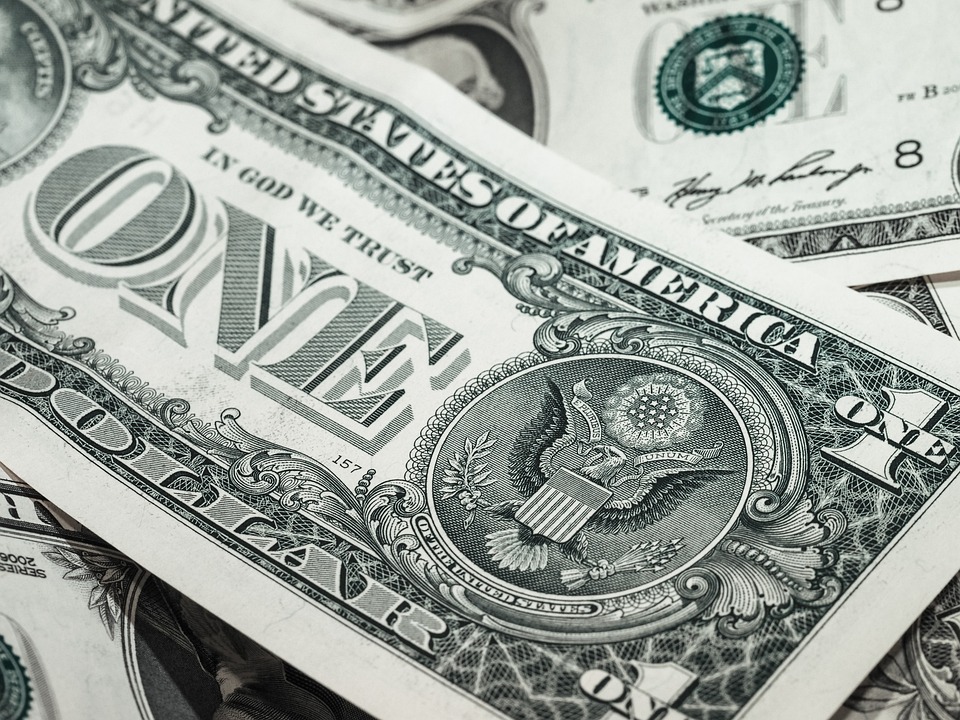Last updated Jun. 19, 2024 by Peter Jakes
<style>
.short-answer {
position: relative;
padding: 20px;
padding-top: 20px;
background: #DFF9ED;
border-color: #E9E80B;
border: 2px solid;
border-radius: 6px;
margin: 22px -3px 23px 0px;
}
.short-answer h3 {
margin-top: 0;
}
</style>✓ Short Answer
The 30s can be a financially challenging decade, with many people making mistakes such as neglecting retirement savings, mismanaging debt, and failing to build an emergency fund.
Entering your 30s often brings about significant lifestyle changes. You might find yourself settling down, buying a first home, or even starting a family. However, these major life steps can also lead to a variety of financial pitfalls if not approached wisely. Understanding and avoiding these common mistakes can significantly impact your long-term financial health and security. Here are the top money mistakes people make in their 30s and how to avoid them.
1. Neglecting Retirement Savings
One of the most critical mistakes is not prioritizing retirement savings. Many people think they have plenty of time to save later, but the truth is, the earlier you start, the better. Compound interest works wonders the longer your money sits in a retirement account.
How to Avoid This Mistake:
- Start Early: If you haven’t started yet, don’t panic, but do start now.
- Employer Contributions: Take full advantage of any employer matching contributions to your 401(k) or equivalent plans.
- Automate Savings: Automate your retirement savings so that a portion of your paycheck goes directly into your retirement account.
2. Carrying High-Interest Debt
Credit card debt and personal loans can rack up high-interest charges, making them difficult to pay off and costing you a lot in the long run. Carrying balances on high-interest debt can significantly impact your financial health.
How to Avoid This Mistake:
- Create a Debt Repayment Plan: Make a strategy to pay off your high-interest debts as quickly as possible.
- Consider Debt Consolidation: Debt consolidation loans might offer lower interest rates which can save you money and make repayment easier.
- Avoid New Debts: Resist the urge to take on new high-interest debts unless absolutely necessary.
3. Underestimating Health Costs
In your 30s, medical expenses may not be top of mind, but health issues can and do appear unexpectedly. Underestimating potential health costs can drain your savings faster than you might expect.
How to Avoid This Mistake:
- Health Insurance: Ensure you have adequate health insurance coverage that meets your needs.
- Health Savings Account (HSA): If eligible, consider opening an HSA to tax-efficiently save for future medical expenses.
- Regular Check-Ups: Don’t skip routine doctor visits, as early detection can prevent high medical costs down the line.
4. Not Having an Emergency Fund
Emergencies are unpredictable. Whether it’s a job loss, a major car repair, or an unexpected health expense, an emergency fund can be your financial safety net.
How to Avoid This Mistake:
- Set a Goal: Aim to save at least 3-6 months of living expenses.
- Automate Savings: Just like with retirement savings, automate contributions to your emergency fund.
- Use High-Yield Savings Accounts: Keep your emergency fund in a high-yield savings account so it grows while remaining accessible.
5. Buying Too Much House
The desire to own a home is practically universal, but buying more house than you can afford is a common financial mistake. It’s crucial to accurately assess what you can afford to avoid becoming house-poor.
How to Avoid This Mistake:
- Budget Realistically: Use conservative financial estimates when determining how much you can afford.
- Account for All Costs: Remember to include maintenance, property taxes, insurance, and utilities in your calculations.
- Avoid Adjustable-Rate Mortgages: Fixed-rate mortgages offer stability and predictability in your monthly payments.
6. Ignoring Investment Opportunities
Your 30s are a prime time to leverage investment opportunities. Many people shy away from investment due to a lack of knowledge or fear of risk but ignoring investments can make your money lose its value over time due to inflation.
How to Avoid This Mistake:
- Educate Yourself: Use educational resources to learn about different types of investments.
- Diversify: Spread your investments across different asset classes to reduce risk.
- Seek Professional Advice: Consider consulting a financial advisor for personalized advice.
7. Neglecting to Plan for Education Costs
If you plan to have children, paying for their education can be one of the biggest financial outlays you’ll face. Starting to save early is crucial to easing this future burden.
How to Avoid This Mistake:
- 529 Plans: Utilize 529 savings plans to save in a tax-efficient manner.
- Grants and Scholarships: Research opportunities for grants and scholarships as your children get closer to college age.
- Start Early: The earlier you start saving, the more time your money has to grow.
8. Overspending on Lifestyle
As careers advance, many people find that their income increases in their 30s. However, with increased income often comes lifestyle inflation—spending more as you make more.
How to Avoid This Mistake:
- Budget Wisely: Create and stick to a budget that allows for savings as well as discretionary spending.
- Prioritize Essential Over Luxury: Focus on financial stability over keeping up with social expectations.
- Practice Mindful Spending: Regularly assess your spending and ensure it aligns with your financial goals.
9. Inadequate Insurance Coverage
While it’s crucial not to over-insure, many people in their 30s underestimate the insurance they need. Whether it’s life insurance, disability insurance, or renter’s/homeowner’s insurance, skipping out on adequate coverage can leave you vulnerable.
How to Avoid This Mistake:
- Evaluate Your Needs: Regularly review and assess your insurance needs as your circumstances change.
- Shop Around: Get multiple quotes to ensure you’re getting the best coverage at the best price.
- Consider Employer Offerings: Take full advantage of insurance policies offered by your employer, often at lower group rates.
10. Overlooking Estate Planning
Even if you think it’s too early to start estate planning, thinking ahead can save your loved ones from legal hassles and ensure your assets are distributed according to your wishes.
How to Avoid This Mistake:
- Create a Will: Ensure you have a legally binding will in place.
- Consider a Trust: For more complex situations, a trust might be beneficial.
- Power of Attorney: Assign a trusted individual to make financial or medical decisions if you’re unable to do so.
✓ Short Answer
The 30s can be a financially challenging decade, with many people making mistakes such as neglecting retirement savings, mismanaging debt, and failing to build an emergency fund.
FAQs
What is the biggest financial mistake people make in their 30s?
Neglecting retirement savings is often considered the biggest mistake. Starting to save for retirement as early as possible allows compound interest to work in your favor over a longer period, making a significant impact on your financial future.
How much should my emergency fund be in my 30s?
Experts generally recommend having an emergency fund that covers 3-6 months of living expenses. This provides a safety net for unexpected events like job loss or medical emergencies.
Is it too late to start saving for retirement in my 30s?
No, it is not too late to start. While starting early is ideal, beginning to save in your 30s is still highly beneficial. The key is to start as soon as possible and to save consistently.
How can I avoid lifestyle inflation?
To avoid lifestyle inflation, create and stick to a budget that includes savings goals. Prioritize essential spending over luxury items, and regularly review your expenditures to ensure they align with your financial objectives.
What are 529 plans and how do they work?
529 plans are tax-advantaged savings plans designed to encourage saving for future education costs. Funds in a 529 plan grow tax-free and can be withdrawn tax-free when used for qualified education expenses.
Why is health insurance important in your 30s?
Even though you may be in good health in your 30s, health insurance is crucial for covering unexpected medical expenses. Health problems can arise at any time, and having adequate coverage can prevent significant financial strain.
In conclusion, dodging these common financial mistakes can pave the way towards a more secure and prosperous future. Use the tips provided here to navigate the financial challenges of your 30s wisely, ensuring that you set yourself up for long-term success and stability.





